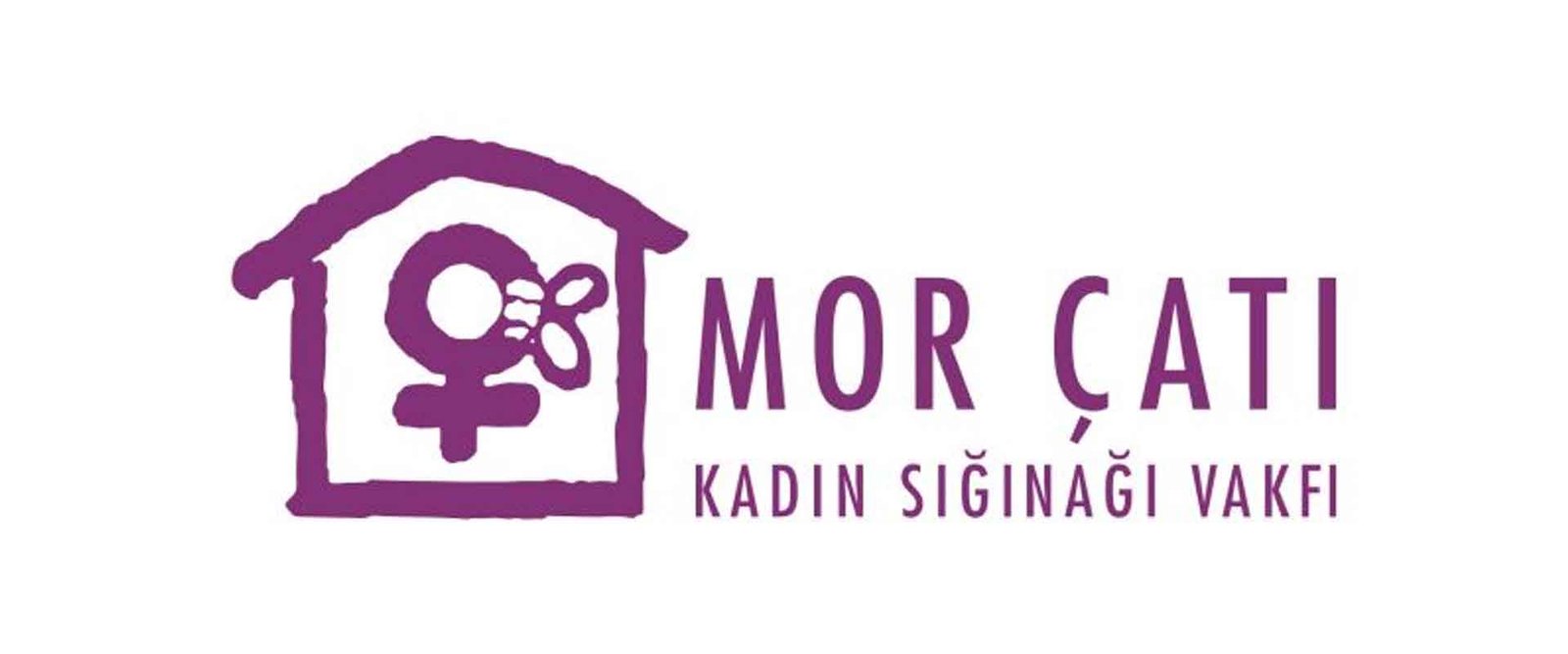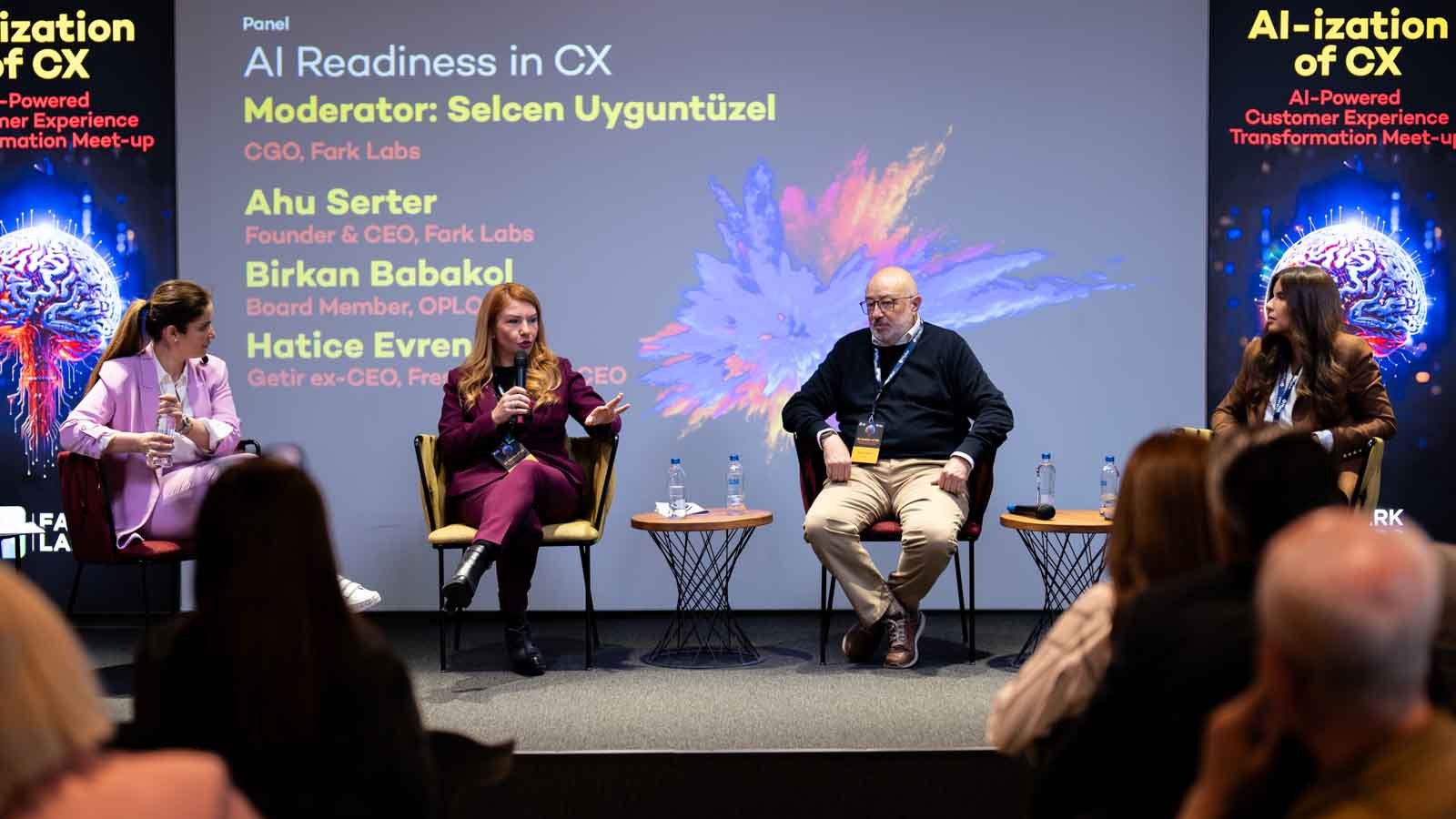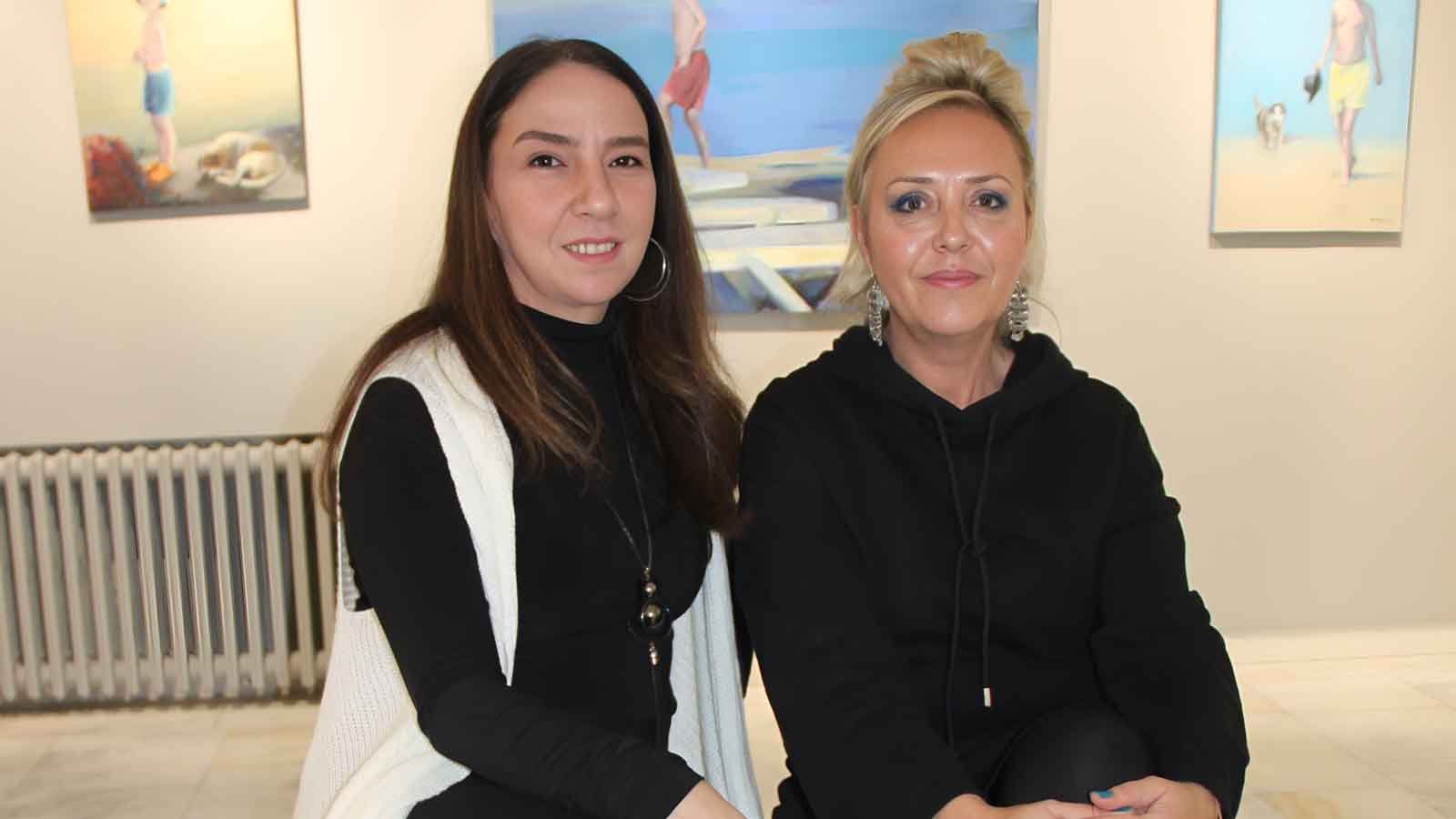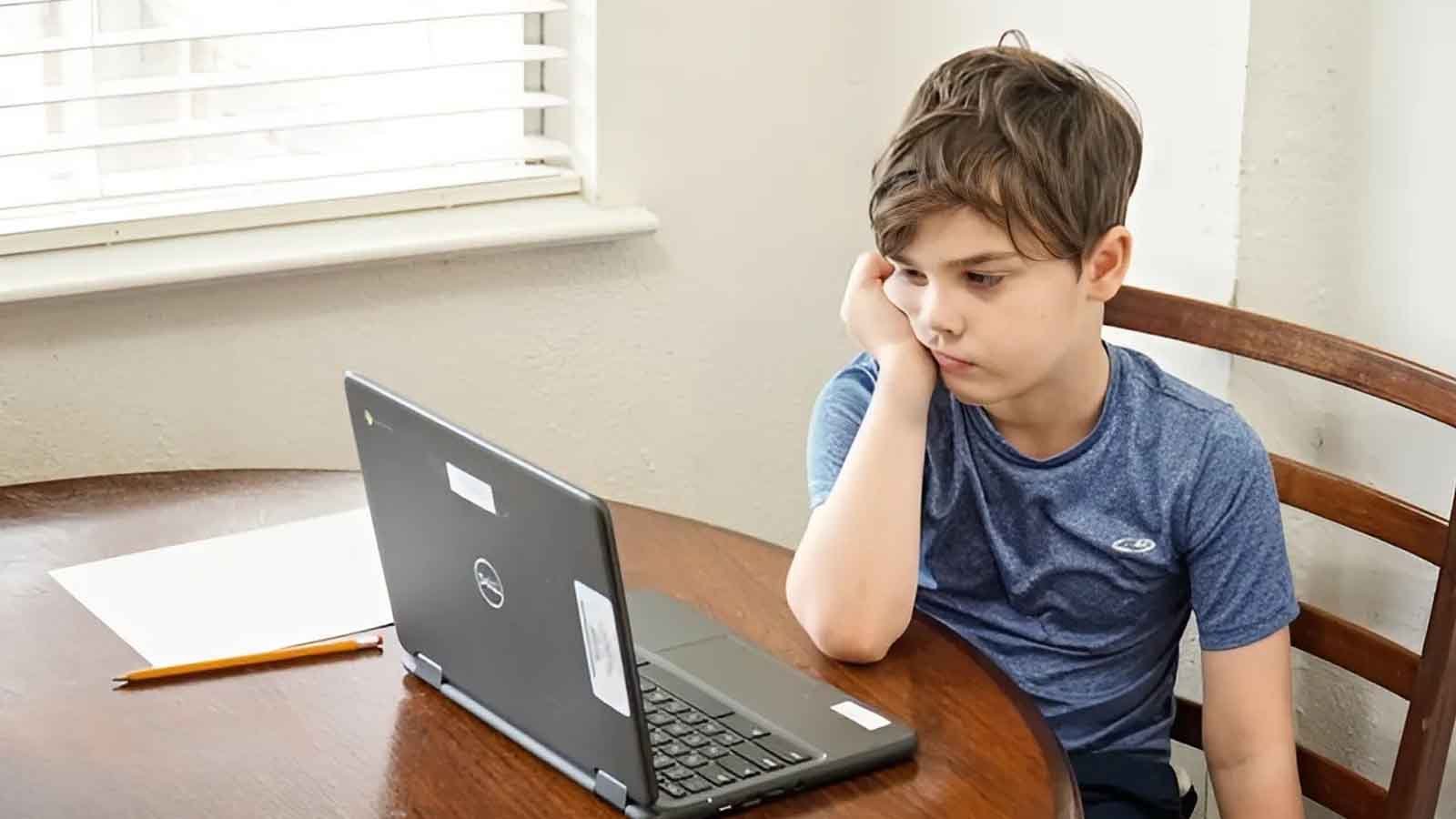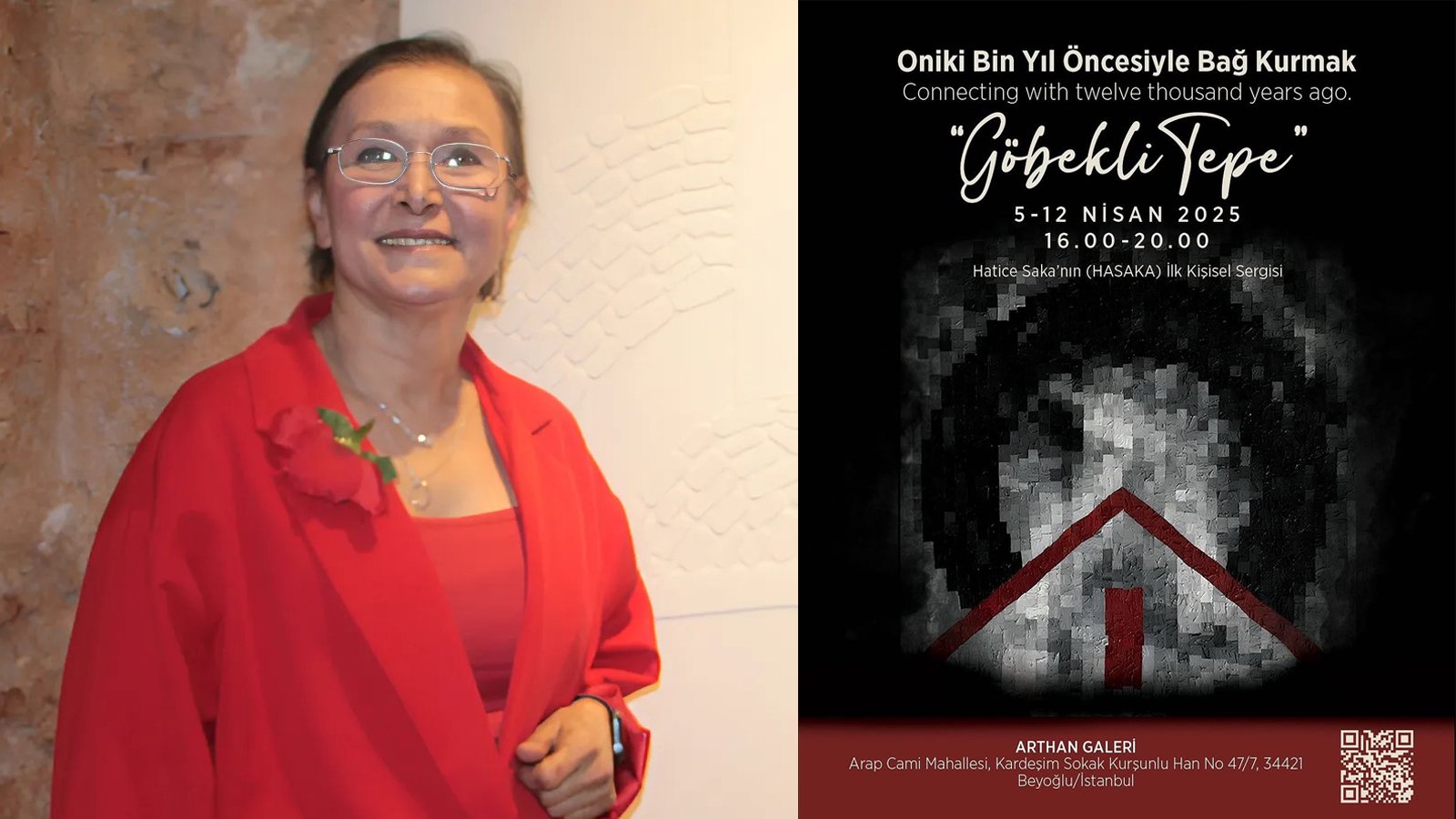As Mor Roof, after the earthquakes that took place on February 6, 2023 and affected 10 provinces, we went to the region to monitor the mechanisms of combating violence against women in the provinces affected by the earthquake and the situation of women and children who are exposed or at risk of violence. During our field visit between 20-24 February 2023, we observed the current situation, support mechanisms and the needs of women and their children in Malatya, Adıyaman, Kahramanmaraş, Gaziantep, Hatay and Adana. During our visit, we also heard about their experiences by interacting with some public institutions and municipalities providing services in the region, as well as women’s organizations, non-governmental organizations and other non-governmental organizations.
Current Situation of Public Institutions Responsible for Providing Services to Women Victims of Violence
Institutions responsible for combating violence against women need to have an emergency action plan and implement this plan without delay so that they can continue their work in case of a disaster. During our visits, we tried to learn about the current status of institutions and their disaster emergency action plans. Institutions that are responsible for combating violence against women in the region and the people working in these institutions were also affected by the earthquake. For this reason, the Ministry of Family and Social Services had to put into practice a plan that would both ensure the functioning of the institutions and protect the well-being of its employees. When we arrived in the area, we learned that some institution buildings were relocated and moved to another official institution building, as the destruction caused by the earthquakes also affected the official institution buildings. On the other hand, people living in the area or who were there to provide support were not aware of the displaced institutions. We were able to learn about the institutions we visited only as a result of our intense efforts. This showed us how difficult it would be for women who need support from these institutions to reach them.
We have seen that it has become more difficult to reach mechanisms to combat violence in the region. We observed that persons such as the AFAD officer and other public officials in the tent areas, who are the possible authorities that a woman who is exposed to male violence can easily access, have no knowledge of how to go to an institution that the woman should reach immediately, and where to direct the woman. Every public official we spoke to emphasized that “what is necessary will be done”, but none of them had any knowledge of what is required, how the standard procedure works, or the procedure that we expect to be created specifically for the disaster, even though it has been 2 weeks since the first earthquake when we started visiting the region. While some of the officials shared various suggestions in line with their personal interest and knowledge about where to direct the woman in case of a possible violence, we saw that some of them did not know what to do in this event. In fact, a public official stated that he was convinced that there would be no male violence at such a time, and even found it strange that we asked questions. On the other hand, even if a woman exposed to violence has access to the information about the location of the official institution where she can get support, we have seen that she will have difficulty in reaching the institutions if there is no private vehicle, since public transportation has not returned to normal yet. The current situation has shown us that there is no work with strong coordination on what needs may arise before, during and after the disaster, how these needs can be met and fulfilled, and whether it has been thought about or not in the intervening time. We understood that all institutions, including the social service institutions providing services in the region, are still focused on providing tents, food and travel expenses, and that they do not do enough work on psychosocial and economic needs despite the passage of time.
As Mor Roof, we learned in our meeting with the General Directorate of Women’s Status right after the earthquake that all women’s shelters in the region were evacuated, and that the women and children staying in the shelters were placed in other shelters with capacity or in safe public buildings in nearby cities. During our field visit, we reached out to these institutions to learn the status of the Violence Prevention and Monitoring Centers, which is the main institution of the Ministry in the fight against violence against women, and other services provided by the Ministry. While some of the employees working in the institutions affiliated to the Ministry are already working in the city and affected by the earthquake, we learned that some of them came there voluntarily or on assignment. It was said that some of them migrated and some of them were preparing to migrate because the employees of the Ministry were also affected by the earthquake. During our visits, we observed that the employees in the institutions were not equipped and supported on the specific needs that emerged or will arise after the earthquake, they gave general answers far from making realistic determinations about the current situation, and they made efforts with their personal knowledge, skills and existing equipment. On the other hand, it was one of our findings regarding the Ministry’s work that problems such as the approach and perspective that did not favor women, and the lack of coordination between institutions that existed before the earthquake in the institutions affiliated to the Ministry, and that there is no preliminary study on the measures to be taken in case women are exposed to violence.
We learned that some of the law enforcement personnel working in the region are already living in the region and affected by the earthquake, and some of them come from other cities voluntarily or on duty. We have not encountered a law enforcement officer who is well-equipped to combat violence against women, who knows the service units in the region and the current situation there. In fact, the law enforcement officers we asked what to do in a possible case of violence in one of the tent areas said that the situation would be reported to AFAD officials. When we talked about ŞÖNİM and Alo 183 line, they stated that they did not know about this issue.
Although this situation in the region is a special situation due to the disaster, the lack of coordination in the fight against violence against women is a problem we have observed for a long time. This deficiency causes women to travel from institution to institution in order to access their rights, and many responsible institutions are unaware of their obligations. While inter-agency coordination, one of the minimum standards specified by the Istanbul Convention, was already lacking in Turkey, disaster conditions worsened the current situation. We interpret the problems we observed in the region and pointed out above as the effect of the existing lack of coordination during the disaster period.
In the earthquake-affected region, many municipalities from all over Turkey were providing services in a highly visible way in the region to meet humanitarian aid and basic needs. Although we saw that the municipalities we visited started to take steps regarding psychosocial support, we did not encounter any service provided by the municipalities in the fight against violence against women.
In addition to these, although we have seen that in some provinces and districts no independent structuring that is not included in the coordination of AFAD is allowed to work, we have seen that the social solidarity organized by different institutions, organizations, initiatives and personal efforts in some other provinces and districts in the region is quite strong. This solidarity ranged from the delivery of humanitarian aid to the psychosocial needs of women and children, from meeting their educational needs to health-related preventive work. We have seen that very organized and well-coordinated studies are carried out on issues such as up-to-date information about the institutions and the current situation in the city, the general situation of the tent areas and priority needs, empowering and transferring volunteers.
Women’s Needs
In the earthquake zone, there are still serious difficulties in accessing basic needs, as stated by other institutions working in the region. During our site visit, we understood that women affected by the earthquake primarily and urgently needed access to humanitarian, health and safety-related services.
Difficult access to clean water and infrastructure problems continue to threaten the health of the people living in the region. During our visit, water and toilet problems in many tent areas were still trying to be answered with secondary methods after the earthquake. We observed that in some areas the toilet is not safe for women and children as it is far outside the tent areas and is dark. The security risk began to cause some women to postpone their hygiene needs and to cause diseases due to lack of hygiene. Residents and supporters shared that they are increasingly encountering vaginal infections as well as lice and scabies epidemics and intestinal infections. Problems with electricity and the lack of adequate lighting in shelters also pose a threat to the safety of women and children.
The sexist division of labor continues to complicate the lives of women after the earthquake. Women are left alone in queuing for aid distributed after the earthquake and have difficulty in keeping the tent and the clothes they have in hand in conditions of water shortage. The difficulty of living conditions also adds to the burden of caregiving for women. Women who have to go to the toilets far from the tent area many times in a day not only for their own needs but also for the needs of their children, make an effort to ensure hygiene by washing a small number of clothes by hand. We saw that especially young women became obliged to meet the domestic needs of their extended families after the earthquake and the number of caregivers increased.
Although not officially divorced yet, women who are in the process of divorce or living separately from their abusive husband before the earthquake or who decided to live separately during the earthquake (as it is assumed that they are still in the same family) cannot reach the tent, and that the difficulty they experience in accessing the tent is to connect them with the abusive husband, with the husband’s family, or with the abusive husband. We have seen that women are forced to stay with their own families, which increases the risk of women being exposed to violence. In addition, single women and women who do not want to live with their families even if their family is alive have difficulty in accessing tents or alternative safe accommodation services. The fact that the tents are delivered on behalf of the family, according to official records, prevents women who have established or want to establish their independent life and who are exposed to domestic violence from getting away from the environment of violence, and almost compels them to stay there. We have seen that there are psychological difficulties especially for women who have to stay in the same tent with their extended family. Supporters in the region shared with us that young women, who had to live under these conditions, experience an intense state of introversion. On the other hand, we observed that no precautions were taken regarding the possible risks of sexual violence both within and outside the family in tent cities or scattered settlements.
Children’s Needs
We have seen that there is not enough organization to prevent the risk of children being exposed to violence, to determine the situation if they are exposed, and to direct the child to the relevant support mechanisms. While a reading study was carried out with children of different ages by the Ministry of National Education, a non-formal education activity was not yet organized. Although there were educational and psychosocial support activities carried out by non-governmental organizations and initiatives working on children’s rights based in the region, not all children in the region could access these supports. The lack of a support system in line with the specific needs of adolescents and the fact that the child’s perception consists of a certain age group stands out as another problem. In addition to the age of children, whether they are citizens or not also affects their access to services. We saw that there were children who were not allowed in the MEB tent because they were Syrians, even though they were suitable, and the teacher in charge rejected the insistent demand of the children by confirming that they were Syrians and saying, “There will be other teachers coming for you, you cannot come here.” We observed that the most important deficiency in the prevention and detection of violence is the fact that most of the children in the region are excluded from the service networks.
Emergency Measures
As in all other humanitarian aid crises, women, children and groups with special needs and discrimination are most affected by all kinds of difficulties in disaster situations and in the process afterward. Men’s violence continues after the earthquake, and women and children who are exposed to violence need access to necessary services even more urgently than before. Emphasizing that the fight against violence requires services that cannot be postponed and must be provided urgently, as Mor Roof, we point to the steps that the state should take urgently, with our experience in combating male violence and the knowledge we gained after our visit to the earthquake-affected area.
Providing urgently the humanitarian aid, health and safety needs of the people living in the region, taking into account gender, sexual orientation, gender identity, age, disability, citizenship status and all kinds of discrimination they are exposed to,
Arranging tent cities in such a way that women and children feel safe without wasting time,
Arranging tent cities in order to maintain daily life practices, providing access to resources such as laundry, drinking water, toilets and showers, electricity,
Evaluating the current situation of the institutions in the region to combat violence against women, making ŞÖNİM, shelters, relevant law enforcement units and family courts accessible as soon as possible,
All officials, including those in tent cities and other areas where women affected by the earthquake live, are equipped with clear and concise procedures regarding the services to be provided to women and children exposed to violence, and the protocol to be followed, which is constantly renewed according to the situation,
Identifying all kinds of risks related to possible violence against women and child abuse in the region after the earthquake and initiating preventive studies regarding these risks immediately,
Conducting monitoring studies on the situation of all women affected by the earthquake and receiving support from the relevant units due to the violence they were exposed to before the earthquake, determining their needs, and providing counseling especially for women who have a protection and confidentiality decision within the scope of Law No. 6284 to stay safe in this process,
Establishing units where residents of the region can get information about sexual health, disseminating sexually transmitted infections and contraceptive methods free of charge, and promptly directing women who want to terminate their pregnancy to the hospital,
Reminding that the personnel working in the existing units in the region were also affected by the earthquake and that all of the humanitarian aid, health, security and psychosocial needs apply to these people, to observe the well-being of the personnel, to provide new assignments and rotations when necessary,
Creation of kindergartens and playgrounds for children in tent cities, appointing state personnel who are experts in the field of children in these areas, and conducting the work in accordance with their secular, scientific and pedagogical development,
Ensuring that all children have access to education and psychosocial support needs without any discrimination,
Providing support to women and children in their mother tongue, obtaining translator support when it is not possible,
After the intense internal migration after the earthquake, it is necessary to determine the situation of women, the support they need and what needs to be done in the migrated regions, and to prepare an emergency action plan to combat violence against women, which will be valid not only in the earthquake-affected region, but all over Turkey, and put into practice.

